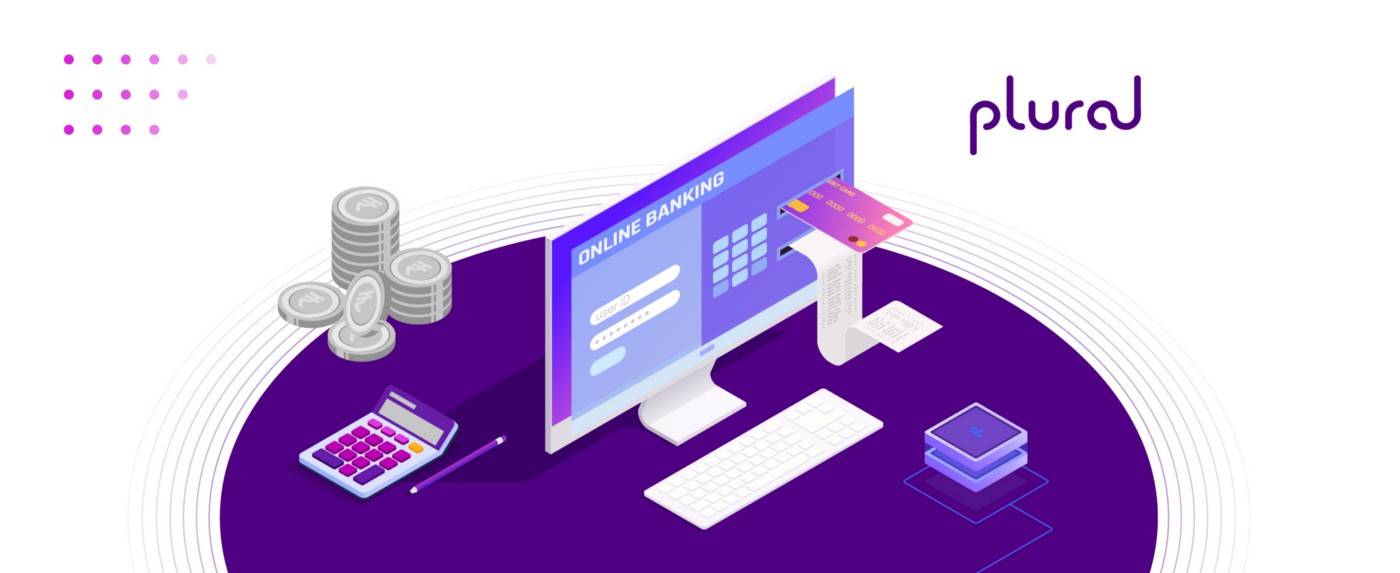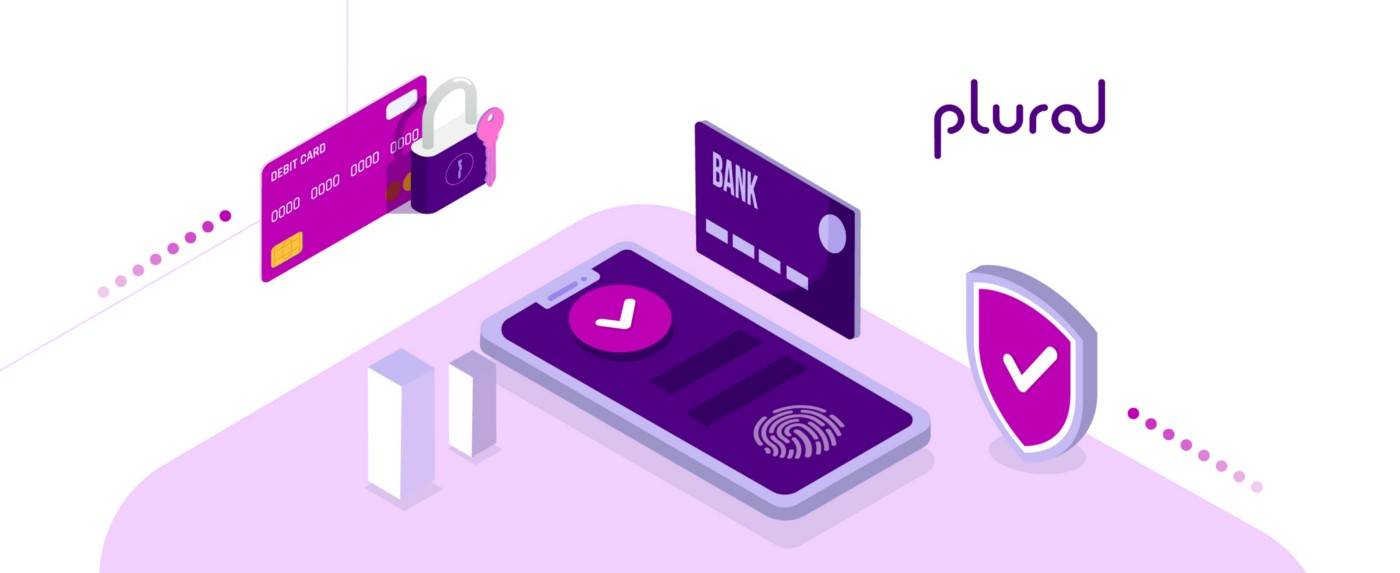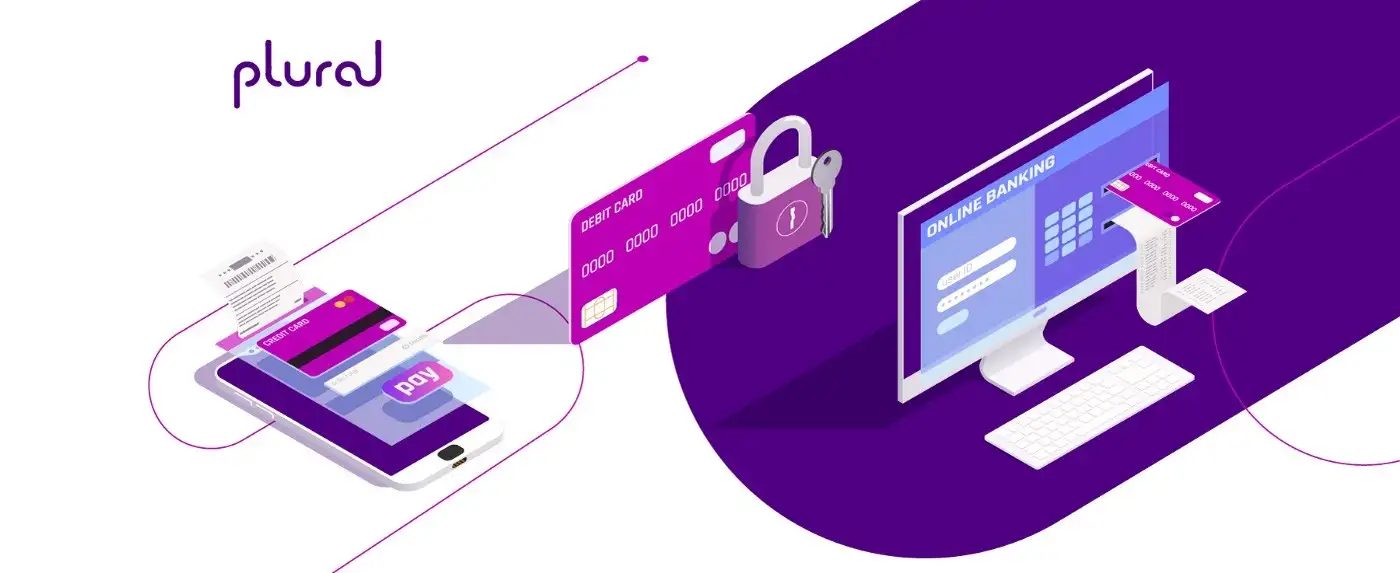During the pandemic, India saw a surge in the use of payment gateways (PGs), and the momentum is here to stay. Case in point: the PG market was valued at ₹73 billion in 2021 and is expected to grow at a CAGR of 15% by 2026.
The payment gateway service has penetrated so deep into the Indian market that today it has become essential for all businesses to integrate it. More so for businesses who sell online through a website or an app to give an experience to the customers they expect.
What is a Payment Gateway, and How Does it Work?
A payment gateway is a network that allows the transfer of funds between customers and merchants for electronic transactions. Business owners can use this technology to enable such payments on their websites and apps.
The payment gateway captures the customer’s card details and verifies if the account has enough funds to carry the transaction. It then either accepts the payment or declines it through a secure gateway.
Simply put, a payment gateway is like an interface that encrypts the data, validates the details, and carries out the transaction instantly. It also manages other transactions, such as instant refunds and real-time account settlements.
When selecting a payment gateway, companies evaluate several factors. However, the most crucial one is the fees. As it directly impacts the bottom line, companies prefer a service provider that offers the most competitive charges.
What are Payment Gateway Charges?
Payment gateway charges are the fees you pay the service provider for processing your online payments through a secure payment gateway. Service providers usually determine such charges as a percentage of the transaction amount.
However, they may charge you differently for the type of payment method your customers use. For instance, the level of security required for a UPI and credit card transaction is different. The service provider can charge you differently for such transactions.
Factors That Impact Payment Gateway Charges
Several factors impact payment gateway charges. Examining these can help you make an informed decision and offer the best services to your customers.
At first glance, the charges may seem high, but it’s important to consider them in the overall scheme of things to get a perspective.
1. Interchange Rate
In May 2022, Indians spent ₹68,327 crores on online payments using credit cards. In the same time frame, they spent ₹38,773 crores in physical stores.
For every credit card transaction, the bank has to pay a small fee to the credit card issuing companies such as Visa and Mastercard. This fee is called the interchange rate. It includes the transaction handling charges and the setup charges to protect you from fraud.
With the rise in credit card payments in India, it is crucial for any business to know how the interchange rate is calculated. Generally, Visa charges between 1.4% — 2.5% and Mastercard charges in the range of 1.5% — 2.6%.
While evaluating these charges, you may want to note that this rate depends upon the type of card you use and the risk associated with your business. The riskier your business is in terms of fraud, the higher will be the interchange charge.
Furthermore, the mode of payment, like online or machine swipe, makes a difference in deciding these charges.
2. Merchant Account Fee
A merchant account is a bank account that allows your business to process credit card and debit card transactions online and in person.
When a card is swiped, this merchant account is the interface that accepts that transaction and transfers the amount to your account.
To have an active merchant account, you will need to pay a small fee that depends on your type of business and the volume of transactions you process.
3. Payment Security
You need a secure platform to enable electronic transactions in-store and on websites or apps. In several ways, it is the first requirement to allow customers to make payments this way.
Different types of transactions carry different degrees of risk. Moreover, there is always a possibility of a customer attempting to make fraudulent transactions.
Payment security is the convenience fee you pay to ensure that transactions and safe and secure. These charges can vary depending upon the level of safety required for different payment modes. Needless to say, it is essential for the health of your business.
4. Payment Gateway Fee
This is the expense of facilitating payment gateways to your customers. Different components comprise these charges:
- Payment gateway setup charges — This is a one-time cost a business has to bear to set up the merchant account and get going with electronic transactions.
- Integration charges — This is the cost of integrating the payment gateway to your business website or app.
- Annual maintenance charges — This is the yearly fee you will have to pay for availing of this service. It includes technology and security upgrades and maintenance charges.
Different payment gateway service providers will charge you differently. For instance, some may not charge you anything for the setup or integration.
5. Merchant Discount Rate
Also known as MDR, this is the percentage that a payment service provider will charge for your business to accept online payment methods or debit and credit cards.
It consists of various fees, such as bank charges, interchange rates, chargeback fees, point-of-sale fees, and assessment fees.
How to Determine the Best Payment Gateway for Your Online Business?
The cheapest payment gateway may not be the best choice for your business. To select the right system, make a list of features your business requires. You can use this checklist while evaluating your options. Finally, compare the charges and select the option that best suits your business.
Plural Gateway is a secure and user-friendly payment gateway that provides your users with a seamless online buying experience. It allows you to offer your customers multiple payment options, like net banking, cards, and pay later EMIs. Easy integration and in-depth analytics are added advantages that make Plural Gateway the perfect partner for your business.
Conclusion
Integrating your business with a payment gateway is essential to having an online presence in today’s time. Understanding the different components of various charges can help you select the most appropriate gateway for your business as well as delight your customers.

Amrita Konaiagari is a Marketing Manager at Plural by Pine Labs and Editor of the Plural blog. She has over 10 years of marketing experience across Media & Tech industries and holds a Master’s degree in Communication and Journalism. She has a passion for home décor and is most definitely a dog person.



